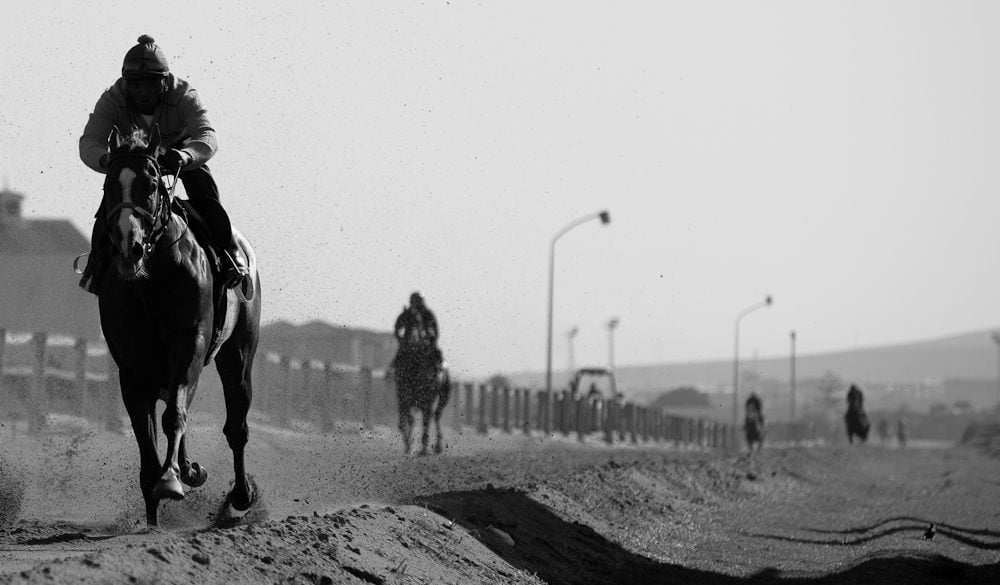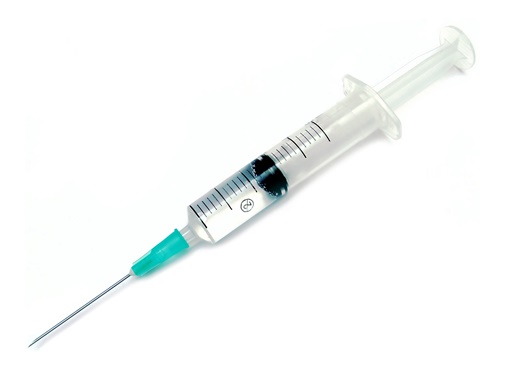‘Doping’ is currently big news in SA racing after Cape Racing Chairman Greg Bortz dropped a bombshell in his introductory speech at the Cape Racing and Cape Breeders Awards ten days ago by saying “doping was the biggest problem facing our sport” and he added “It is happening.”
The Sporting Post has not received a response from the National Horseracing Authority to an article published recently in Turf Talk and said to have been written by a veterinary surgeon.
Gold Circle published the undermentioned editorial on Tuesday. It may help to clarify some of the noise around the issue, for the layman.

So what is the furore all about?
Bortz referred to a few recent NHA press releases and said industry people should “connect the dots”.
The first relevant press release referred to out of competition specimen collection.
It revealed that upon analysis of two horses “the presence of four (4) prohibited substances, of which one (1) substance was not recorded in the Trainer’s VTR. An Inquiry will be opened into the one (1) substance NOT recorded for each of the respective two horses.”
The NHA press release went on to state that “liberal use of medications and/or treatments” and “the accuracy of the recordal of such treatment in the VTR” was a practice that appears to be widespread “and not limited to an individual Veterinarian or Trainer”.
It then stated: “The NHA advocates a fair and level playing field for all horses and, most importantly, for only fit and healthy horses to participate in races. The initial findings of this investigation have raised a myriad of alarming concerns and the NHA is in the process of conducting further investigations into practices, methodologies, mitigatory procedures, as well as considering possible amendments to the Rules, in order to eliminate such practices that some stakeholders wrongly believe to be acceptable and humane!”
When the public latched on to the press release they were most alarmed by the finding of “four prohibited substances”.
However, legally speaking, the only alarming statement is that one of the drugs was not recorded in the trainer’s VTR (Veterinary Treatment Register).
The IFHA (International Federation of Horseracing Authorities), of which the NHA is a full member, define a “prohibited substance” as one which is not allowed at any time and in any amount whatsoever.
However, the NHA call the same thing “a forbidden” substance.
The NHA define “a prohibited substance” as having five classes.
Class 1 is the worst and this includes “forbidden substances.”
Class 4 includes substances which are therapeutic, but which could cause performance enhancement if in the bloodstream at race time and they are thus subject to a withdrawal time.
The NHA press release should perhaps be more specific about the class of prohibited substances found, but a qualified estimate will make it a virtual certainty that the four prohibited substances were all therapeutic and are thus allowed to be in the horse’s body in out of competion time.
The reason this estimate can be made is there is only an inquiry into the one that was not recorded in the trainer’s VTR.
This falls under NHA’s Rule 73.2, which states:
The TRAINER and/or OWNER of a HORSE shall be guilty of an offence if a SPECIMEN taken from that HORSE: 73.2.1 at any time within a period of 48 hours preceding the day of a RACE in which it is or was due to run contains a PROHIBITED SUBSTANCE unless the drug, which caused the finding of a PROHIBITED SUBSTANCE, was administered by a registered veterinary surgeon and the administration has been entered in the veterinary treatment register.
However, although legally it might not be alarming, it would be alarming to the layman that a horse requires as many as four therapeutic medications but is still deemed fit enough to race in a few days time. It is also alarming that one of the treatments was not recorded.
The “connecting the dots” statement must also include a press release, which was published subsequently to the aforementioned one, about a rule amendment.
It stated:
“… please note the amendment to Rule 72.1.46 was approved by the National Board at a meeting held yesterday.
SPECIFIC OFFENCES (PROHIBITED PRACTICES)
72.1 CONTRAVENTIONS
Without in any way derogating from the provisions of the RULES, no PERSON shall:-
72.1.46 race a HORSE within 7 days, calculated inclusively from the date of treatment, after the administration of any intra-articular treatment.
This rule amendment, although not the panacea to the horse welfare and integrity issues that have been raised during the early stages of the investigation, will advance the end goal of ensuring that horses are participating within their physical limits.”

Intra-articular treatment (injection into the joints) is usually used to treat pain and it would not be in the best interests of a horse to be ignoring pain while running.
In fact in the USA intra articular injections are prohibited within 14 days prior to a race and within seven days prior to any timed and Reported Workout.
When injected intra-articularly a medication apparently withdraws from the body quicker too.
Another bombshell Bortz dropped in his speech was the mention of barring of certain stakeholders from participating in races at Hollywoodbets Kenilworth and Hollywoodbets Durbanville racecourses if they were known to use veterinarians not on Cape Racing’s approved list.
He also wants to have cameras installed in saddling areas and in saddling boxes, because he said “a lot of what’s being done is done pre-saddling and is quick acting and short-lived.”
The NHA responded by sending out a press release which pointed out that “Any horses barred from entering any racing jurisdiction in the country cannot be excluded based on NHA rules, unless such action originates from the NHA itself.”
However, it supported the use of cameras in saddling areas, stating: “Furthermore, the NHA has requested that operators enhance security measures in the pre-saddling. This initiative is currently in progress and is expected to be completed within the month.”
NHA CEO Vee Moodley has subsequently explained that although operators could not bar people based on NHA rules or in conflict with them, they were entitled to make their own rules. However, he said if these rules were outside of NHA rules and deemed to be unfair then the courts of the country were then the recourse for affected parties.








